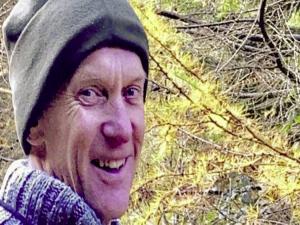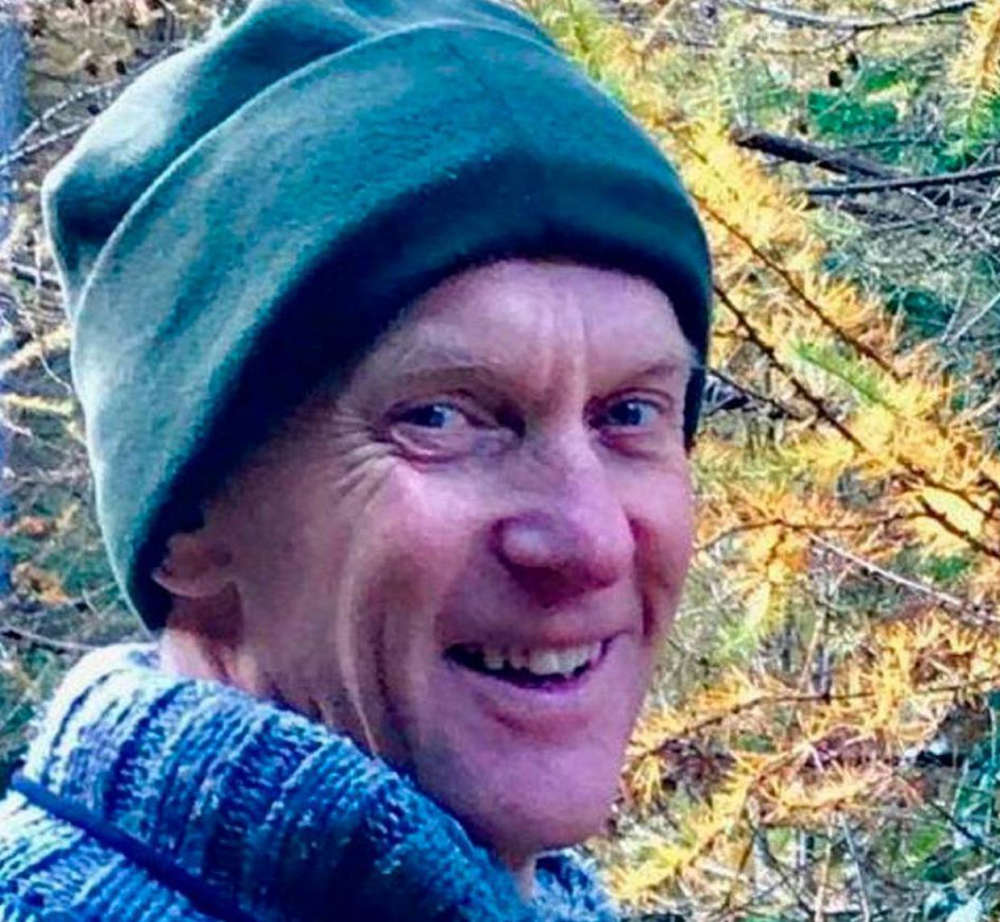
By Jonathan McCambridge (PA)
An assessment report into a Belfast-based neurologist found that he repeatedly failed to make correct diagnoses, which led to patients inappropriately being given drugs with “serious and toxic side-effects”, a fitness to practise tribunal has heard.
The Medical Practitioners Tribunal Service (MPTS) hearing into Dr Michael Watt was also told that the assessment found his use of “idiosyncratic diagnostic criteria” had led to patients receiving unnecessary invasive treatment.
Dr Watt was at the centre of Northern Ireland’s largest ever recall of patients in 2018 when more than 4,000 of his patients attended recall appointments.
A previous MPTS tribunal granted Dr Watt voluntary removal from the medical register.
However, the High Court quashed that ruling due to concerns it was “not sufficient to protect the public”.
The three-person tribunal began its new hearing on Monday, and was told that Dr Watt will not be in attendance but will be legally represented.
Tribunal chairman Neil Dalton asked Dr Watt’s lawyer, Matthew McDonagh, if any of the facts set out in the allegations against his client are admitted.
Mr McDonagh said: “No, sir. In the absence of Dr Watt no facts are admitted.”
Charles Garside KC, representing the General Medical Council (GMC), told the hearing it is a performance case, rather than a misconduct case.
He said that, after concerns were first raised about Mr Watt’s work in 2016, an assessment was carried out by the GMC in October 2018. He said the four assessors will be called as witnesses during the hearing.
Mr Garside said Dr Watt had been a consultant neurologist at the Royal Victoria Hospital in Belfast but ceased clinical practice in 2017.
He said Dr Watt had co-operated with the GMC assessment and was interviewed three times.
The barrister then said that, conscious of the “considerable publicity” around the case, he would read directly from the summary and recommendations of the assessors’ report in a number of categories.
He said: “Knowledge, skills and performance, maintaining professional performance – unacceptable.
“Assessment – unacceptable. Clinical management – unacceptable. Operative technical skills – no judgment.
“Record-keeping – unacceptable. Safety and quality – no judgment.
“Relationships with patients – unacceptable. Working with colleagues – acceptable.”
Continuing to read from the report, he said: “Dr Watt’s performance has been found to be deficient. Dr Watt is not fit to practise and should cease practice.
“The team has come to this conclusion on the following basis: Persistent failure to take adequate histories from patients and carry out clinical examinations.
“Persistent and repeated failure to make correct diagnoses, resulting in patients receiving inappropriate management which included drugs with serious and toxic side-effects.
“Use of idiosyncratic diagnostic criteria, leading to patients receiving unnecessary invasive treatment (epidural blood patches).
“Failure to consider involving specialist neurologist colleagues in management of complex patients.
“Failure to discuss risks and benefits of treatments with patients to allow them to come to informed decisions.
“Dr Watt showed little insight during the assessment with regard to any of the above points.
“The scope of these deficiencies, combined with this lack of insight, led the team to conclude that remediation is unlikely to change Dr Watt’s performance and he should cease practice.”
Mr Garside said the GMC’s case is based solely on the report of the assessors.
He added: “The GMC submit that if you accept the assessors’ opinion you should find that Dr Watt’s fitness to practise is currently impaired.”
The tribunal then went into private session at the request of Dr Watt’s lawyer to discuss personal issues.
When the hearing resumed, Mr Dalton said a “potential health issue” had arisen.
He said: “It has become clear there is a large amount of material which now needs to be considered by the tribunal that relates to that private issue – I’m told it’s around 1,000 pages of material.”
He adjourned the tribunal in public session until Wednesday afternoon.

Dr Michael Watt had previously worked at the Royal Victoria Hospital in Belfast (Liam McBurney/PA)


 Spate of 5G mast attacks impacting hospital communications
Spate of 5G mast attacks impacting hospital communications
 Campaign launched to combat rise in online sex offences against children in NI
Campaign launched to combat rise in online sex offences against children in NI
 Arson attacks on Belfast 5G phone masts ‘extremely reckless’, say police
Arson attacks on Belfast 5G phone masts ‘extremely reckless’, say police
 Man dies in hospital after fall from electric scooter
Man dies in hospital after fall from electric scooter
 Slight rise in A* and A grades achieved in A-levels in Northern Ireland
Slight rise in A* and A grades achieved in A-levels in Northern Ireland